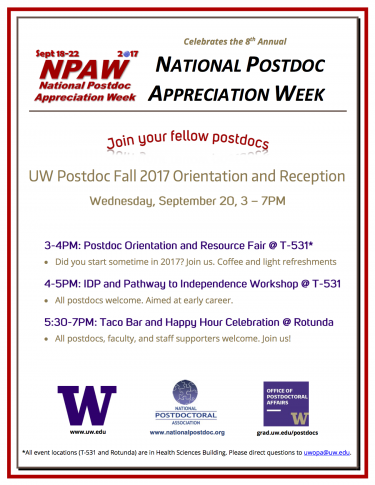As a grad student, you may have the opportunity to mentor an undergraduate student, or even a beginning grad student. But how do you make the most of this opportunity?
As a mentor, you are in a position to provide intellectual, professional and social guidance to your mentee. If you are working with an undergraduate in a research setting, giving your mentee a full picture of your research project is a good place to start. This helps set an overarching goal and get the undergrad excited about your project. You should also be sure to set clear expectations and make the steps of the research process explicit to help your mentee stay on track.
Foster professional development opportunities for your mentee by encouraging them to speak at lab meetings or professional conferences. You may benefit from this in an unexpected way: by hearing a fresh perspective on your work.
As a graduate student, you also provide undergrads with valuable insights into what it’s like to be a graduate student. Be prepared to field a lot of questions about preparing for graduate school, picking a research topic, or applying for funding. Also, you will have the opportunity to model resiliency in responding to setbacks in the research process — or in finding funding, taking exams, practicums, and the like. It may not be glamorous, but it’s still a vital lesson.
Mentoring can be time-consuming, but the benefits are also far-reaching. In reflecting on their own experiences as mentors, PhD students have detailed how they strengthened their communication skills and even fought imposter syndrome by becoming a mentor.
If you are working on building your relationship with your own mentor, check out these UW Graduate School resources.
Graduate students, do you have experiences or questions about mentoring others that you want to share? Comment below, or email us!
Ask the Grad School Guru is an advice column for all y’all graduate and professional students. Real questions from real students, answered by real people. If the guru doesn’t know the answer, the guru will seek out experts all across campus to address the issue. (Please note: The guru is not a medical doctor, therapist, lawyer or academic advisor, and all advice offered here is for informational purposes only.) Submit a question for the column →
